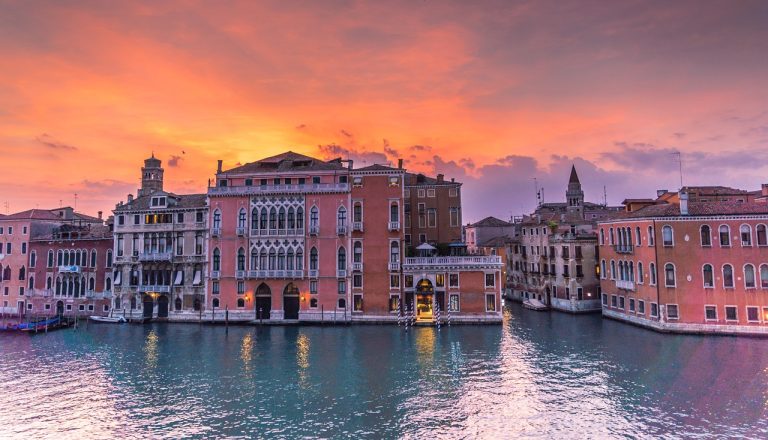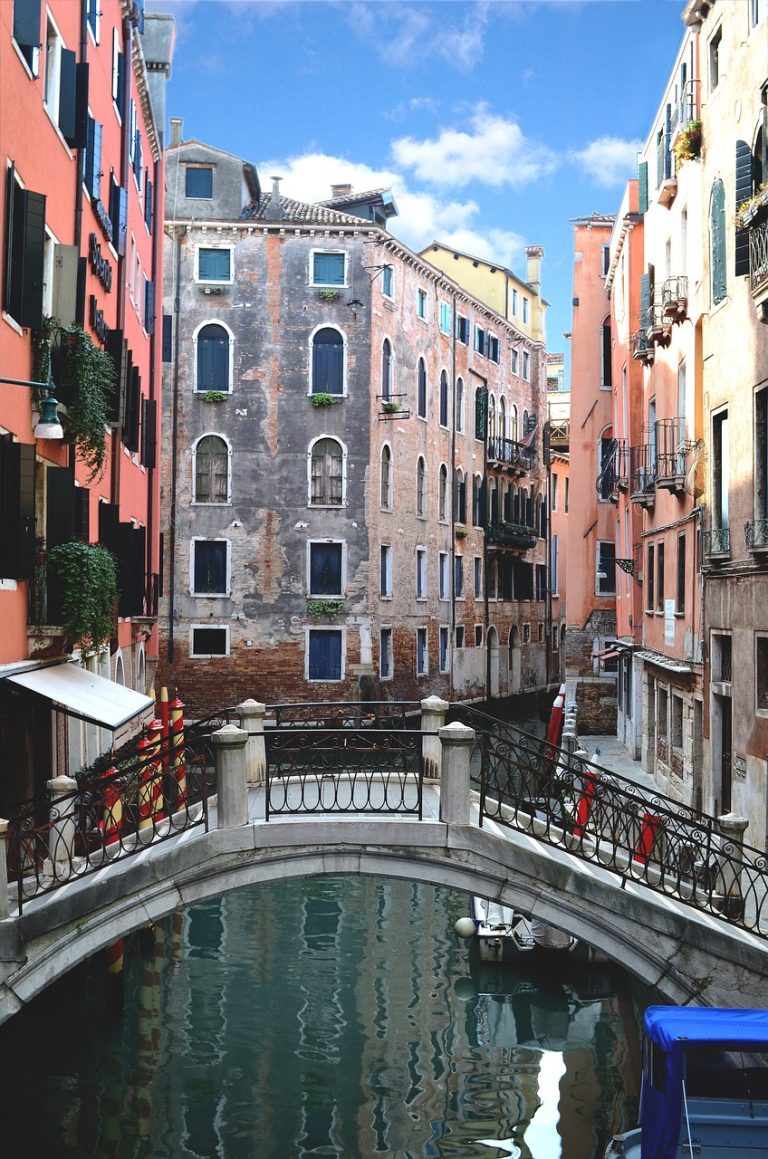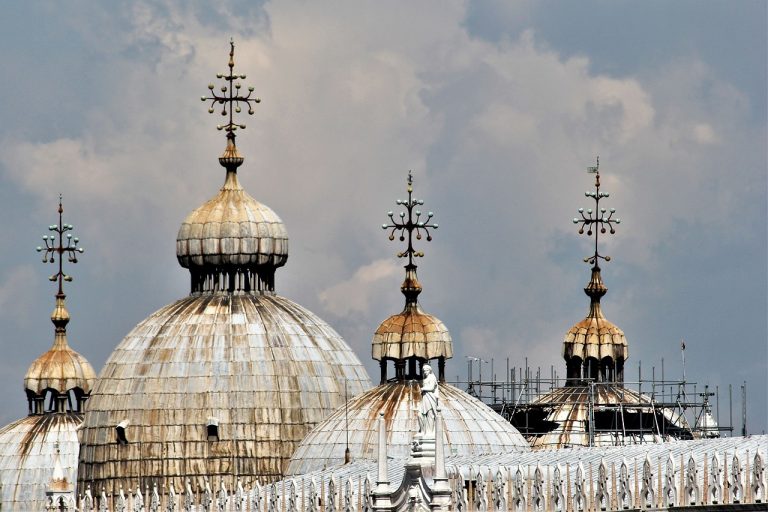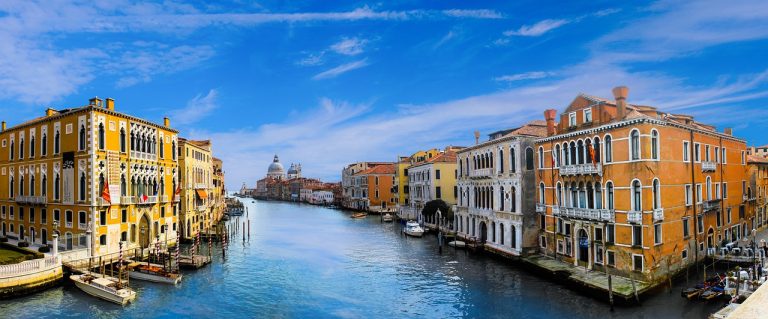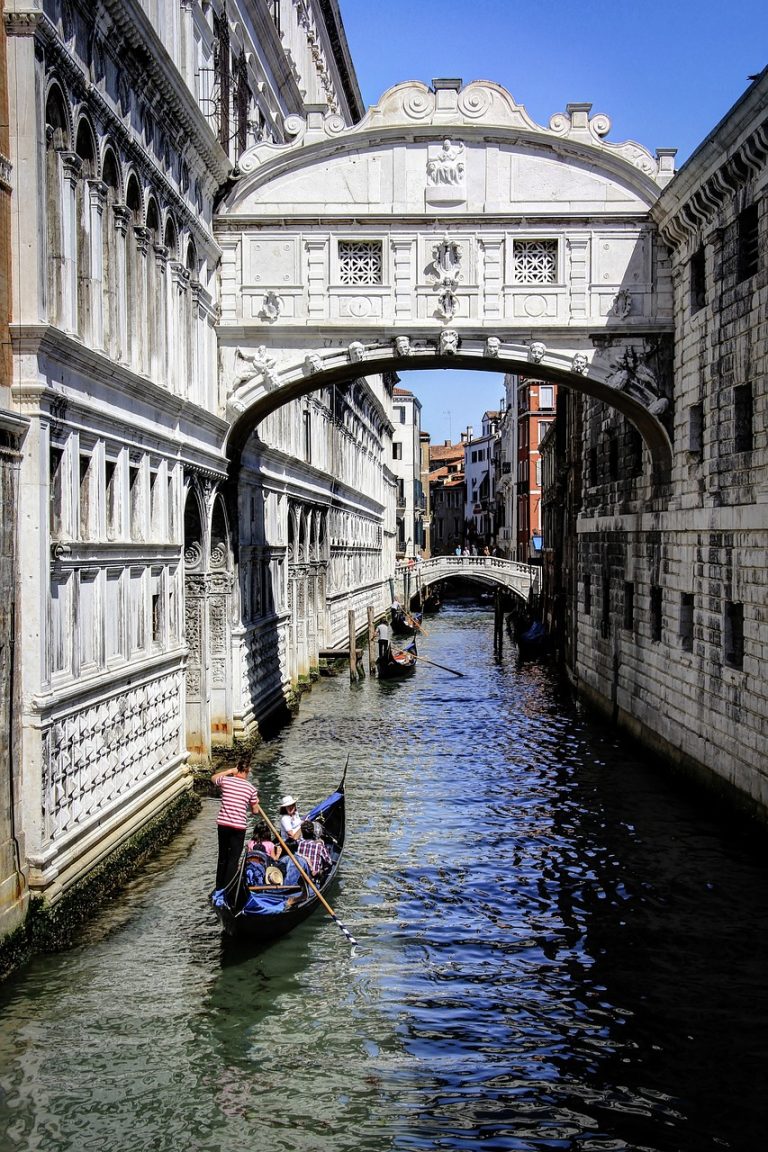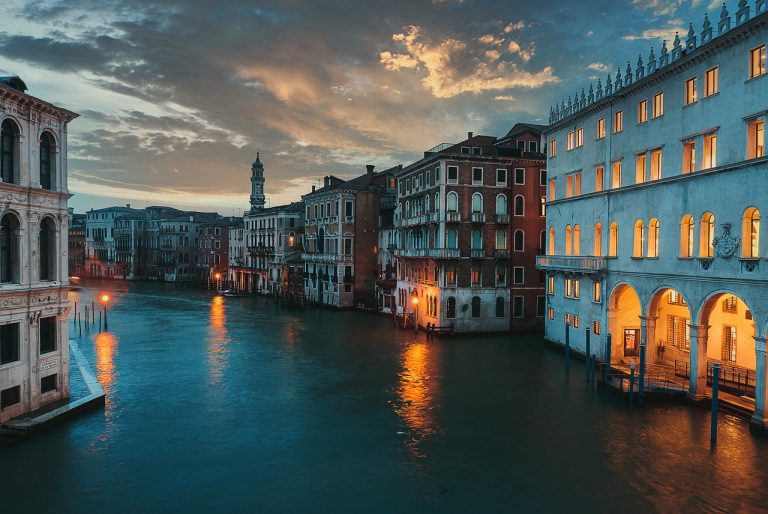Venice Italy Video
Eco-tourism in Venice Italy: Sustainable and Green Travel Options
Venice, Italy is a city renowned for its unique beauty, historical significance, and intricate canal system. However, with the rising concerns about environmental sustainability, it has become crucial to explore eco-tourism options in Venice. This article will delve into the sustainable and green travel options available in the city, highlighting initiatives, accommodations, transportation, and attractions that prioritize ecological preservation and responsible tourism practices.
Ecological Accommodations
When planning a visit to Venice, it is essential to choose accommodations that align with sustainable principles. The city offers several eco-friendly hotels that prioritize energy efficiency, waste reduction, and environmental conservation. One such example is the Hotel Ai Reali, which implements energy-saving measures and eco-friendly practices throughout its operations. By staying at these environmentally conscious accommodations, tourists can contribute to the preservation of Venice’s delicate ecosystem.
- Hotel Ai Reali: This eco-friendly hotel in Venice prioritizes energy efficiency and waste reduction. It utilizes renewable energy sources and implements recycling programs to minimize its environmental impact. Visitors can enjoy a comfortable stay while supporting sustainable practices.
- Hotel Nani Mocenigo Palace: Located in the heart of Venice, this historic hotel combines luxury with environmental responsibility. It promotes sustainable tourism by adopting energy-efficient systems and reducing water consumption. Guests can experience the charm of Venice while minimizing their ecological footprint.
- Hotel Ca’ Sagredo: Situated along the Grand Canal, this 15th-century palace turned hotel is committed to sustainable practices. It employs energy-saving technologies, utilizes eco-friendly cleaning products, and supports local suppliers. Travelers can enjoy a luxurious stay while supporting Venice’s ecological preservation.
Environmentally Friendly Transportation
Venice is famously known for its lack of motorized vehicles, making it an ideal destination for eco-conscious travelers. The primary mode of transportation within the city is by foot or by boat. The absence of cars not only reduces air pollution but also preserves the unique charm of Venice’s historic streets and canals.
- Vaporetto: The vaporetto, also known as a water bus, is a popular and environmentally friendly mode of transportation in Venice. These boats operate on electricity and provide an efficient and scenic way to navigate the city’s canals. Travelers can purchase a Venice Travel Card, allowing unlimited travel on vaporettos for a specified duration.
- Gondola: For a more romantic and traditional experience, gondolas offer a leisurely way to explore the city’s waterways. These iconic rowing boats are manually operated, emitting no pollution or noise. Hiring a gondolier provides an eco-friendly and intimate tour of Venice’s canals.
- Bicycle: While bicycles are not commonly used for transportation within the city due to its unique layout, they can be a sustainable option for exploring the surrounding areas. Visitors can rent bicycles and cycle along the Lido di Venezia or explore the nearby islands of Murano and Burano.
Preservation of Venice’s Ecosystem
Venice’s delicate ecosystem is vulnerable to various environmental challenges, including rising sea levels and pollution. To combat these threats, numerous initiatives have been implemented to preserve the city’s natural environment and cultural heritage.
- Mose Project: The Mose Project is an ambitious engineering initiative aimed at protecting Venice from high tides and floods. It involves the construction of movable barriers at the entrances of the lagoon, which can be activated during exceptional high tides. This project aims to safeguard the city’s architectural treasures and natural surroundings.
- Waste Management: Venice has implemented strict waste management measures to minimize its ecological impact. The city encourages recycling and provides separate collection points for different types of waste. Visitors are encouraged to participate in these efforts by properly disposing of their waste and following recycling guidelines.
- Biodiversity Conservation: The lagoon ecosystem surrounding Venice is home to a diverse range of plant and animal species. To protect this biodiversity, various conservation programs have been established. The Venice Lagoon Nature Reserve and the WWF Oasis Valle Averto are examples of initiatives that aim to preserve the unique flora and fauna of the region.
Sustainable Attractions and Activities
Venice offers a multitude of sustainable attractions and activities that allow visitors to engage with the city’s rich history and natural surroundings while minimizing their environmental impact.
- The Doge’s Palace: As one of the most iconic landmarks in Venice, the Doge’s Palace showcases the city’s historical and cultural heritage. Visitors can explore its magnificent architecture while learning about the Venetian Republic’s past. Guided tours are available, providing insightful information about the palace’s significance and sustainable restoration efforts.
- Biennale Art Exhibitions: Venice is famous for hosting the Venice Biennale, an international art exhibition that takes place every two years. The event focuses on contemporary art and architecture and often incorporates themes of sustainability and environmental awareness. Tourists can appreciate thought-provoking artworks while supporting sustainable cultural initiatives.
- Visit the Venetian Islands: Beyond the main island of Venice, the nearby islands of Murano, Burano, and Torcello offer unique experiences. Murano is renowned for its glassmaking tradition, Burano for its colorful houses and lace production, and Torcello for its historical sites. Exploring these islands allows visitors to appreciate the local craftsmanship and cultural heritage.
Conclusion
Venice, Italy, provides a range of sustainable and green travel options for eco-conscious tourists. From eco-friendly accommodations to environmentally friendly transportation, the city is committed to preserving its unique ecosystem and cultural heritage. By choosing sustainable practices and engaging in responsible tourism, visitors can contribute to the long-term preservation of Venice’s natural environment and enjoy an unforgettable green travel experience.
References
– Hotel Ai Reali: www.aireali.com
– Hotel Nani Mocenigo Palace: www.nanimocenigo.com
– Hotel Ca’ Sagredo: www.casagredohotel.com
– Mose Project: www.comune.venezia.it
– WWF Oasis Valle Averto: www.wwfoasisvalleaverto.it
– Venice Biennale: www.labiennale.org


